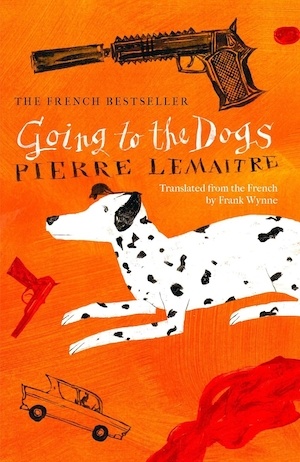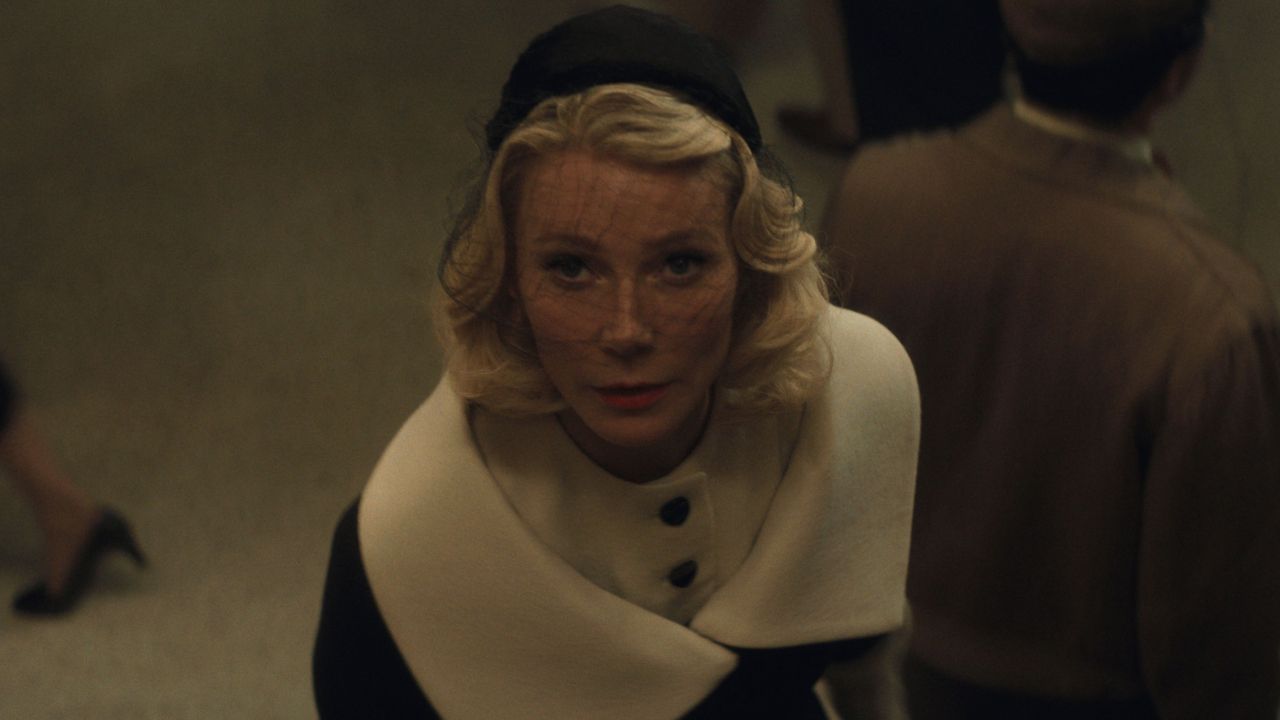Henry Gaunt and Sidney Ellwood are best friends and sixth-formers at the English public school Preshute College, an Eton-like boarding school. It’s 1914, and the Great War has begun killing their schoolmates. The school newspaper, The Preshutian, lists the names of dead and wounded older friends. Meanwhile, outside of school, young women hand white feathers to young men in civilian clothes to shame them into enlisting.
Gaunt and Ellwood banter, tease, deal with hazing and get drunk with their classmates, but they also harbor secret worries: Gaunt is German and Ellwood is Jewish, marking them as outsiders, more vulnerable in an England at war. What’s more, they can’t admit that their bond is more than friendship— “the love that dare not speak its name.”
Pressured by his mother and sister, Gaunt enlists even though he’s not yet 19, and suddenly he finds himself at the Belgian front, a far-too-young leader thrust into trench warfare. Soon after, Ellwood, starry-eyed with the idea of honor, enlists too, despite Gaunt’s letters urging him against the idea. What follows is an epic war story that depicts the unremitting savagery, trauma and stupidity of World War I. At the same time, In Memoriam tracks an epic love story, as Gaunt and Ellwood sort out their feelings, not knowing if they’ll ever see each other again as their classmates continue to die awful, senseless deaths.
Author Alice Winn so deeply inhabits her characters, their vanishing prep-school world, the end of empire and the arrival of brutal modern war that it’s hard to believe this is her first novel. In Memoriam feels like an old-fashioned door stopper, with a huge cast of background characters, almost all of them young men (Gaunt’s sister is the only significant female character), and some surprising, even melodramatic plot points as it follows the historical trajectory of the war and its aftermath. The story’s points of view toggle between Gaunt and Ellwood, though the novel’s heart belongs to sardonic, tender Gaunt.
Winn draws on real life not only for war details but also for Ellwood’s character, who seems loosely based on real-life English war poet Siegfried Sassoon. He writes his own poems and quotes Alfred, Lord Tennyson’s “In Memoriam” and Rupert Brooke. These verses—along with fictional letters and newspaper articles, especially The Preshutian’s somber roll call of the dead and wounded—underline the impossibilities of both war and life as a gay man in early 20th-century England.
In Memoriam is a gorgeous novel, both a meditation on the futility and trauma of a war that sent a generation of young men to their deaths and a gripping love-in-wartime story, with a bittersweet yet hopeful conclusion.







